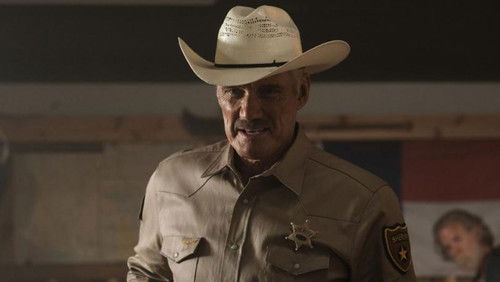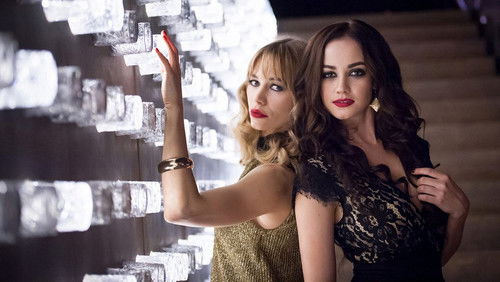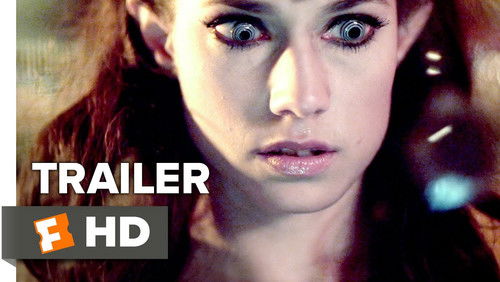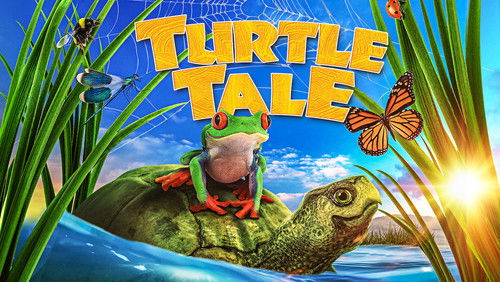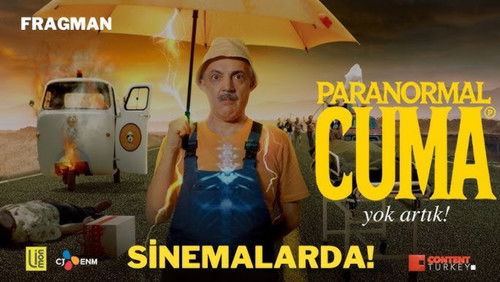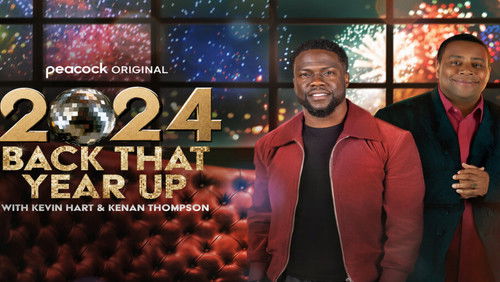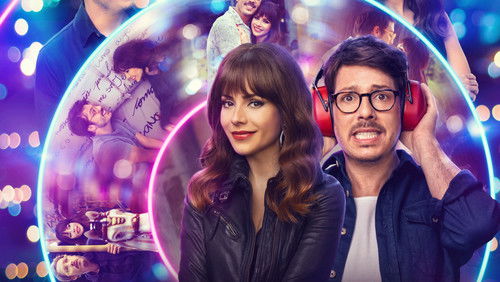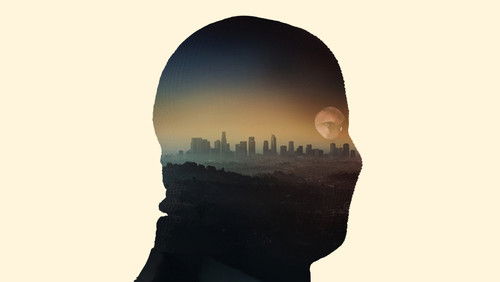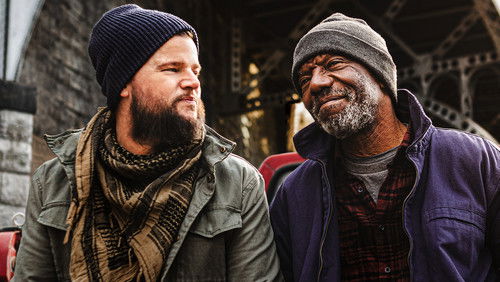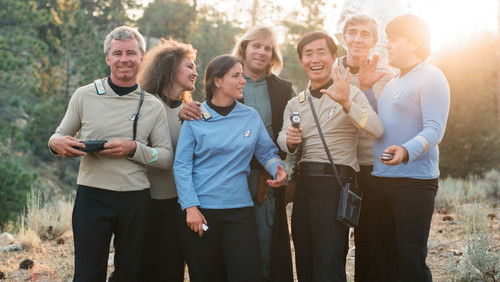Frankenstein and the Vampyre: A Dark and Stormy Night (TV Movie 2014)
6KFrankenstein and the Vampyre: A Dark and Stormy Night (TV Movie 2014). 53m | Not Rated
“On one night in Switzerland in 1816, five people gathered at a lakeside villa, including poets Byron and Shelley, Mary Shelley, Byronu0026#39;s doctor and his teenage lover. The thunder rolled, the lightning flashed; and a regular supply of ether had put all of them on a high. Byron suggested that to pass the time, they should all write a story; Byron himself wrote a terrible poem/tale involving Christabel, while Mary Shelley wrote FRANKENSTEIN, and the doctor wrote a vampire story that formed the basis for Bram Stokeru0026#39;s Dracula.u003cbr/u003eu003cbr/u003eOn that one night the two basic pillars of most modern horror writing were born. Narrated by Claire Foy, this documentary tries to recreate that moment, using actors reading extracts from the letters and diaries of all the protagonists. There are, as usual, a bevy of experts, ranging from writers Neil Gaiman and Margaret Attwood, to biographer Richard Holmes. Throughout the documentary we learn that all of the protagonists were in search of new sensations; now that the Napoleonic Wars had ended, they could travel Europe-wide. Switzerland, with its imposing mountains and great lakes, proved an ideal venue for all of them.u003cbr/u003eu003cbr/u003eThe program makes it clear that there was a social angle to the protagonistsu0026#39; Romanticism. All of them wanted to escape from what they perceived as the prison-house of aristocratic society in Britain, and indulge their senses. The vampire-figure was a classic example of the person that might have looked aristocratic in appearance, but harbored very different desires underneath.u003cbr/u003eu003cbr/u003eAnd yet there is a strong sense that what seems like suitable material for a half-hour documentary has been artificially stretched out into twice that length. In the end viewers become tired of the endless flashes of lightning, the consciously Gothic scenery and the camera tracking through darkened passageways. This was certainly a significant moment in British literary history, but did not necessarily need to be belabored. The expertsu0026#39; contributions are frequently superfluous; we do not necessarily need to know about Byronu0026#39;s background or his sexual proclivities. Although instigating the project, he was not necessarily involved in its outcomes.”
